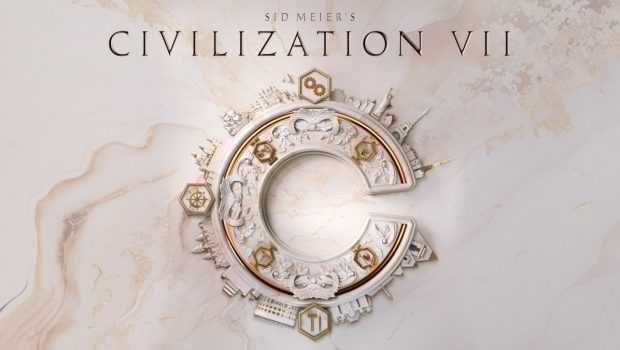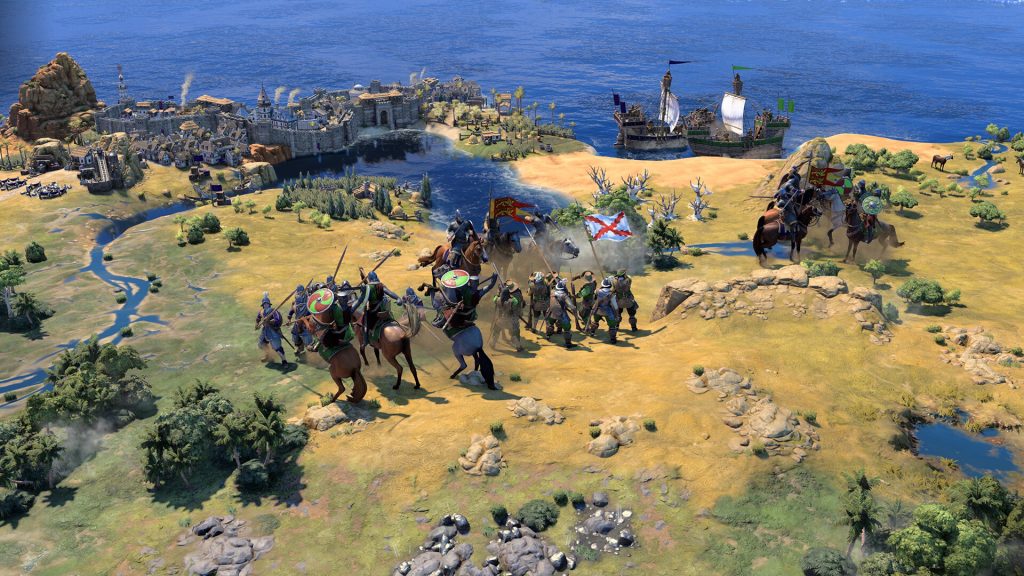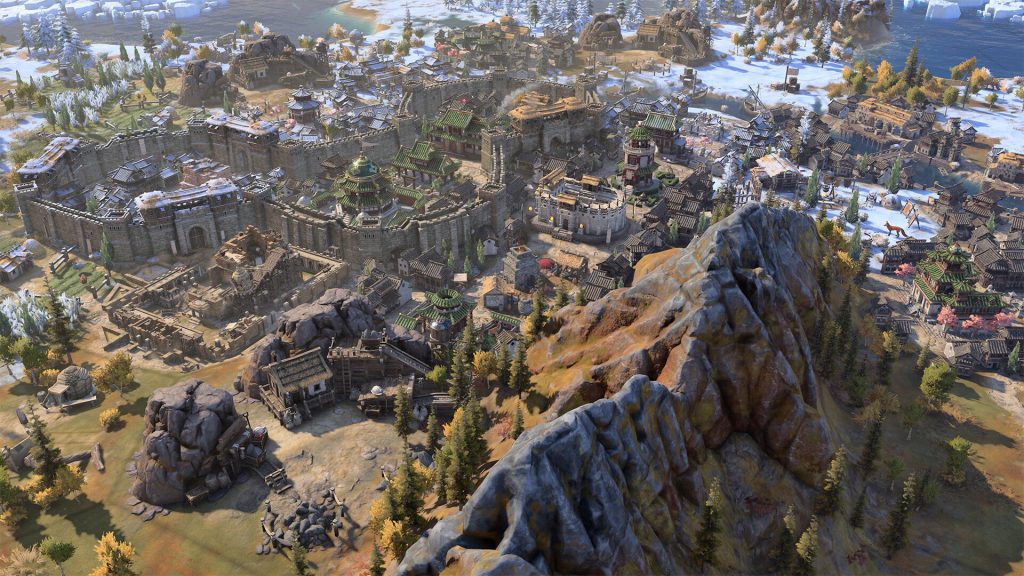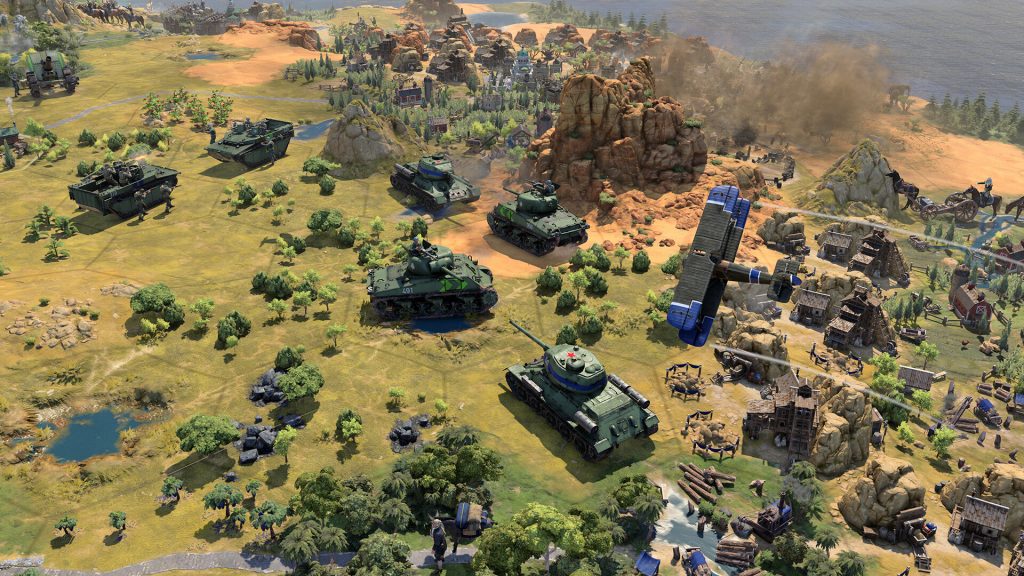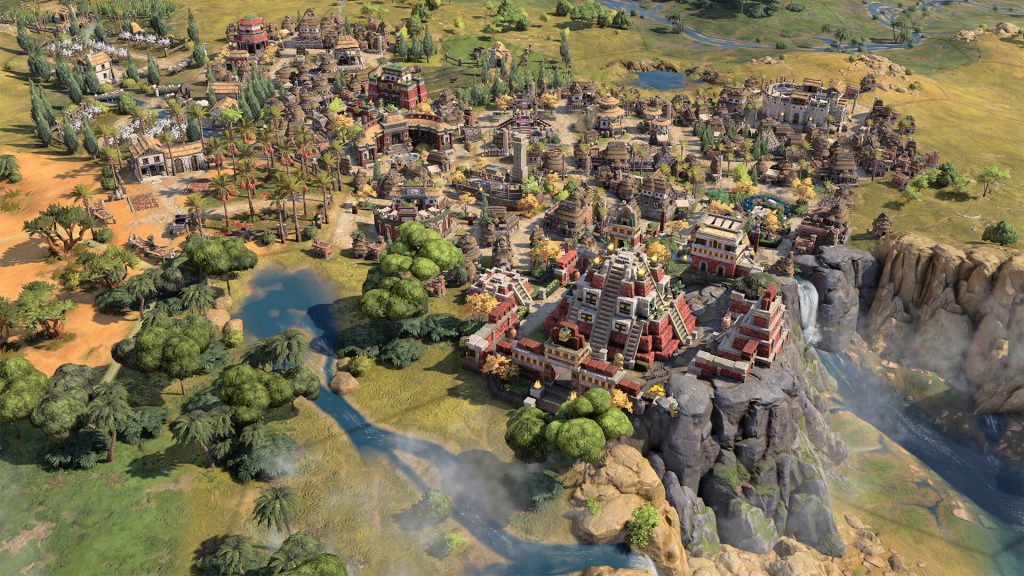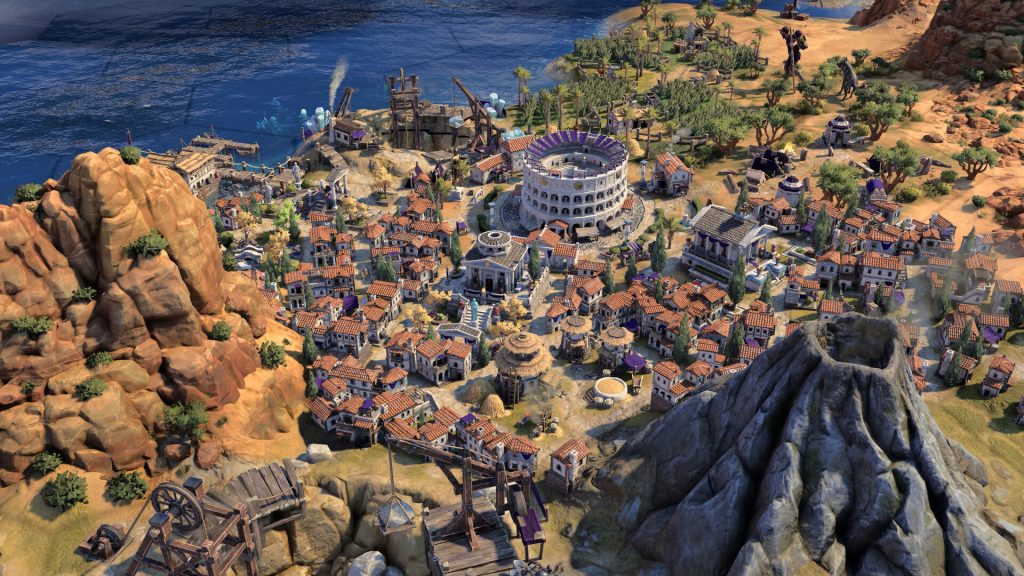Civilization VII PC Review
Summary: Civilization VII brings some massive changes to the formula that may alienate some players, but the core Civilization experience is as good as its ever been.
4.4
Enduring!
Nine long years after the previous title, Sid Meier and Firaxis are back with a new instalment in the Civilization series. Every entry in the legendary strategy franchise since 2010s Civilization V has made big, often controversial changes to the formula to keep things fresh while simultaneously trying to stay true to the core experience the series has become known for.
Civ VII is no different in this respect, making massive changes to how many of the central systems work, to improve what didn’t work so well, and generally spice things up.
For anyone unfamiliar with the Civilization series, it sits atop the throne of 4X games. What does that mean, you might ask? 4X stands for ‘Explore, Expand, Exploit, & Exterminate’. These four concepts are central to games that inhabit this particular niche of the strategy genre. The basic premise is simple. As the player, you inhabit one of many famous world leaders throughout the ages, taking command of an empire, and through exploration of the world, expansion of territory, exploiting resources, and exterminating your enemies, come to dominate the world.
That’s the goal anyway, the world is filled with numerous other leaders who are all vying for control in the same way as you. The game takes place looking down over a world map. Cities and units sit in a neat hex grid that sits on top of it, and all movements, be it soldiers marching to victory, or the expansion of city limits follow the same rigid, hex-based structure. Each player (human or AI) takes turns moving around, researching new technology, and expanding their empire, often for hundreds of turns.
Everything so far has been a staple of Civ in one form or another for decades. So, what has changed, specifically when compared the Civilization VI? Quite a lot as it happens.
Perhaps the biggest, most obvious change is that of the era system. Civilization VI had nine distinct eras, ranging from ancient through to modern and futuristic. The changes between these occurred when specific technologies were researched and flowed smoothly into one another. Civilization VII has changed this significantly. The nine eras have been reduced to three: Antiquity, Exploration, and Modern. Along with this streamlining of the eras, how they work has fundamentally changed.
Each era is now a defined chapter, for lack of a better word. At the start, players pick a vague endpoint, these fall in line with the victory conditions synonymous with the series – culture, science, military, etc, and the era is locked in until either a leader achieves their goals, or a number of turns elapses. Once the era ends, the process begins anew in the next era. With there being a third of the number in Civ VI, each era is now substantially longer than previously, being up to several hundred turns long depending on game length.
The next major change is the overhaul of the leaders and civilizations themselves. Previously, at the start of a game players would pick from a list of leaders and the nation they were most known for being associated with. Elizabeth I as the ruler of England, Abraham Lincoln for America, etc.
Players still get to choose a leader from a long list at the start of a game, however, now they’re not beholden to any particular empire. For example, in my first game, I assumed the role of Benjamin Franklin, and rather than commanding the United States, took control of ancient Rome.
The decision to de-couple leaders from their respective nations is an odd choice and one that I don’t quite understand. What’s even stranger, is the ability to change the controlled civilization on era change. There doesn’t seem to be any kind of connecting thread between previous and new civilizations in many cases and can feel a little arbitrary at times.
I suspect that the change to leaders is in service of the new ‘Memento’ system that has been introduced in Civilization VII. Put simply, leaders now level up with use. As they level up, they gain access to mementos through the completion of challenges, small buffs, and bonuses that can be applied at the start of a game to further enhance their capabilities. Many taking the form of increases to gold reserves or diplomatic power. With dozens to unlock, there’s plenty of scope for interesting combinations and subtle changes to how a leader plays.
Dozens of smaller, more subtle changes to the formula have been made. City management has been streamlined somewhat, with the removal of workers, and districts now can take any two buildings at a given time.
Streamlined feels like a good description of the gameplay in Civilization VII, at least relative to that in VI. To me feeling like a mid-point, somewhere in between V and VI. Whether this is a good or bad thing is going to be down to the individual, but personally I liked the changes for the most part, with only the era and leader overhaul leaving me pining for the older games.
Civ VII is a good-looking game (for the genre). There’s been a substantial upgrade to the visuals over the previous instalment, especially when the camera is zoomed in. The landscapes are filled with more detail, most of it inconsequential given the perspective, but it’s nice to see when you get up close to a city or unit. Despite this, it’s still very light on system requirements, and for the most part, runs well. When the AI takes their turn in the late game the framerate can take a momentary hit, but it was never a problem. Additionally, Civilization VII also has verified Steam Deck status, though I didn’t get a chance to test the game on Steam Deck, so can’t comment on the quality of the experience at this time.
Each of the eras is accompanied by an appropriate score, that despite listening to for many hours at this point, I can’t remember any of. It’s all perfectly fine, suitably epic and thematically relevant, but doesn’t really stand out in any way whatsoever, which is disappointing. Sound effects that accompany the dozens of actions that take place in a turn are all very pleasant and evocative of the series, as you might expect if you’re familiar with previous entries. Sean Bean unfortunately doesn’t reprise his role of narrator this time around, which is a shame, I can’t think of anything that isn’t improved with the inclusion of Sean Bean.
Final Thoughts?
Civilization VII is more Civilization. If you liked V or VI, then this will probably be right up your street, because it’s essentially more of the same. The changes to eras, leaders, and streamlining of some of the city management might turn off some die-hard players, but the core experience is still there.
There are dozens, if not hundreds of hours of gameplay here, and every hour of it is as deep and absorbing as it’s ever been.


